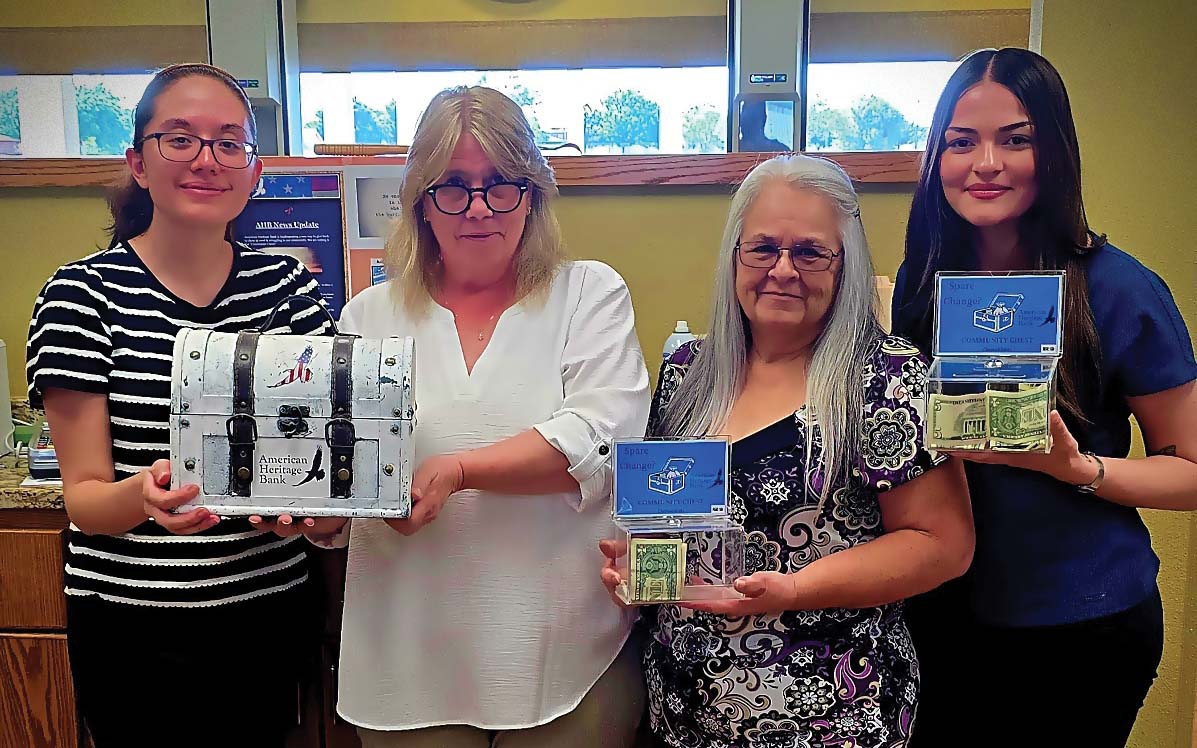Overdraft programs and policies are once again in the sights of officials in Washington. ICBA takes on the fight.
Rhonda Thomas-Whitley: Defending overdraft protection for consumers
May 01, 2022 / By ICBA
Overdraft programs and policies are once again in the sights of officials in Washington. ICBA takes on the fight.
From federal regulators to Capitol Hill, Washington’s policymakers are taking another look at overdraft fees, and community bankers have real concerns about what they say they are seeing.
Renewed focus on overdraft services has been led by the Consumer Financial Protection Bureau (CFPB), which has issued several reports and blog posts targeting “exploitative junk fees” and a pledge to “restore meaningful competition to this market.”
In March, acting comptroller of the currency Michael J. Hsu warned in an American Banker article that “you don’t want to be the last bank with a traditional overdraft program,” while the House Financial Services Committee held a hearing titled “The End of Overdraft Fees? Examining the Movement to Eliminate the Fees Costing Consumers Billions.”
Overdraft services can be a lifeline, with consumers looking to avoid fallout from missed or late payments for their mortgage/rent, car payments and insurance, childcare, medical necessities and other critical needs.
ICBA and community bankers are pushing back to defend this already extremely regulated and in-demand consumer service.
ICBA to Congress: Overdraft is key to customer relationships
Debit, online, mobile and a host of other new e-commerce transactions have increased the risk that consumers may overdraw their accounts. As a result of this increased risk, community banks have developed more programs to help consumers better manage their money and have continued to expand the features of their overdraft programs.
When overdrafts occur, it is generally in the consumer’s best interest for their bank to pay items/transactions rather than returning the items unpaid. Overdraft services can be a lifeline, with consumers looking to avoid fallout from missed or late payments for their mortgage/rent, car payments and insurance, childcare, medical necessities and other critical needs—especially when considering the domino effect of mounting merchant-related fees related to these transactions.
ICBA brought this message to the House Financial Services Committee hearing in a written statement. It’s part of our ongoing effort to dispel misconceptions about overdraft protection and explain that when overdraft programs are responsibly managed by community banks, they are a valuable and consumer-friendly service.
Community banks enforcing fewer overdraft fees
A December 2021 CFPB report found overdraft revenues were down significantly in 2020 and that community banks charge lower overdraft fees than larger institutions. This supports ICBA poll data that found:
- Over 60% of community bank respondents did not collect a portion of overdraft fees that were assessed.
- Seventy-five percent wrote off or charged off overdrafted accounts as uncollected.
- Over 50% forgave or did not assess overdraft fees as an accommodation.
- Two-thirds did not submit negative account balance or returned check information to any consumer agency.
- Half experienced a 20% to 50% reduction in overdraft income since 2020.
These numbers are proof that community banks manage their overdraft programs responsibly and place the best interests of their customers ahead of maximizing fee income. Furthermore, 90% offer alternatives to overdraft services, including customer service alerts/communications to inform of account status, account transfers from designated accounts, small dollar loans, lines of credit and deposit advances.
Overdraft programs provide an alternative to predatory lenders
ICBA has urged Congress and the agencies not to adopt restrictions that would force many community banks from offering overdraft services to their customers. Such restrictions would result in significantly more bounced checks and declined debit card transactions—leading to unnecessary credit rating harm, merchant late fees or fees for returned items for these customers.
Such restrictions would result in community banks impairing their customers by restricting access to existing services of convenience that meet their account needs, potentially forcing them to seek out less consumer-friendly and more harmful options. It also runs counter to industry efforts to promote financial inclusion. This is especially true for unbanked and underbanked consumers.
As ICBA chairman Brad M. Bolton recently told the Northeast Mississippi Daily Journal, overdraft programs allow bank customers to pay for necessary expenses without turning to more costly loans.
“The unfortunate reality is that many consumers get stretched thin financially, and they may need to bridge a gap between the time a bill is due and the next payday,” wrote Bolton, who is president/CEO/senior lender of Community Spirit Bank in Red Bay, Ala. Overdraft programs help consumers “get necessary funds without the necessity of a full loan or pushing them to the title pawn industry, which is exactly what will occur if programs like this that benefit the consumer are eliminated.”
Defending overdraft
As policymakers continue to debate overdraft services and programs, ICBA will continue to remind them that community banks already meet stringent overdraft restrictions. As relationship bankers who only benefit when their customers do as well, community banks tailor services to their customers’ needs. Community banks cannot afford to take advantage of customers with unfair fees, and they cannot afford to deny consumers the financial tools they need and expect.
Subscribe now
Sign up for the Independent Banker newsletter to receive twice-monthly emails about new issues and must-read content you might have missed.
Sponsored Content
Featured Webinars
Join ICBA Community
Interested in discussing this and other topics? Network with and learn from your peers with the app designed for community bankers.
Subscribe Today
Sign up for Independent Banker eNews to receive twice-monthly emails that alert you when a new issue drops and highlight must-read content you might have missed.
News Watch Today

Join the Conversation with ICBA Community
ICBA Community is an online platform led by community bankers to foster connections, collaborations, and discussions on industry news, best practices, and regulations, while promoting networking, mentorship, and member feedback to guide future initiatives.













